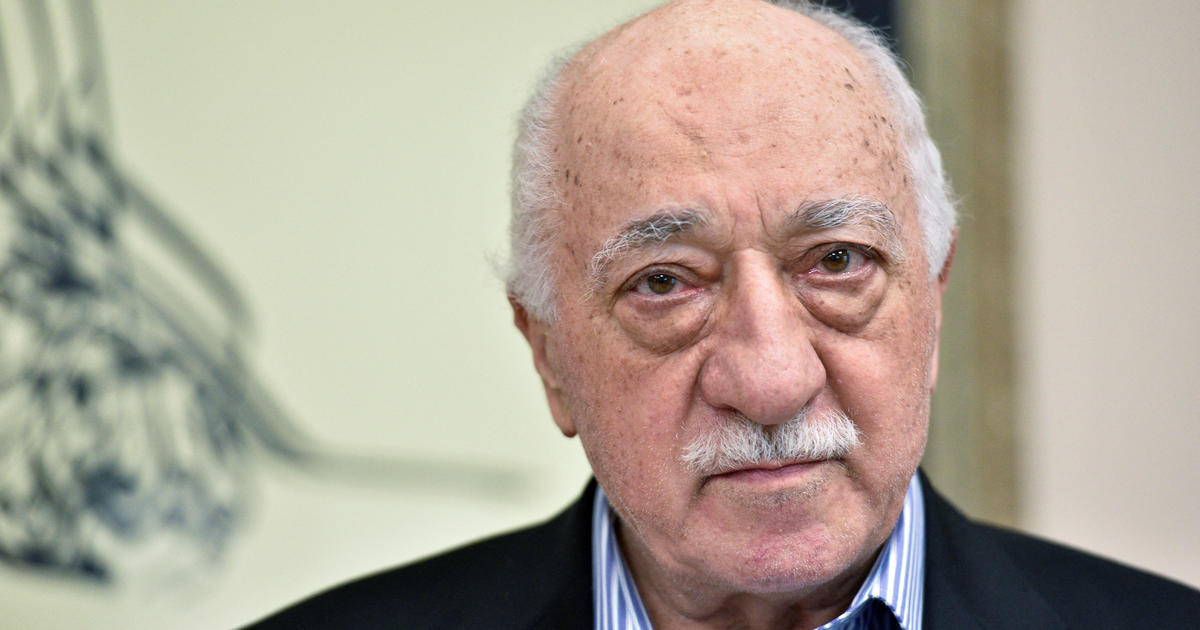Fethullah Gülen, a prominent Islamic cleric and influential figure, passed away recently. His life was marked by both immense global influence and intense political controversy, particularly concerning his relationship with Turkish President Recep Tayyip Erdoğan. His death leaves behind a complex legacy, interwoven with accusations of orchestrating a coup attempt and a global network of supporters and detractors. This article will explore Gülen’s life, his movement, and the enduring controversies surrounding him.
Gülen’s Life and Philosophy
Early Life and Rise to Prominence
Fethullah Gülen was born in Erzurum, Turkey, in 1938 (the exact date remains disputed). He trained as an imam and began gaining prominence in Turkey around the mid-20th century. His teachings, which blended Sufism with a modern approach emphasizing education, science, and interfaith dialogue, attracted a significant following. Gülen advocated for a reconciliation between Islam and Western values, a message that resonated deeply with many Turks. His philosophy also included a strong emphasis on democratic principles and service to humanity, a core tenet reflected in the name of his movement, Hizmet (“service”). This approach attracted a global following and played a significant role in building up a vast global network. The teachings proved exceptionally popular in a region seeking unity in times of socio-political flux, and many joined Gülen’s movement out of respect for these tenets. The reach and influence extended beyond geographical confines.
The Hizmet Movement and Global Expansion
Gülen’s followers, often referred to as the Hizmet movement, established a global network encompassing charitable organizations, educational institutions, businesses, and media outlets. This network expanded across more than 100 countries, including a considerable presence in the United States with taxpayer-funded charter schools. In Turkey itself, Hizmet’s influence extended into universities, hospitals, and even a significant portion of the media. This vast network was both the source of Gülen’s power and a primary target of accusations against him, often seen as a “parallel state” aiming to undermine Turkish authorities. Its global nature spread the influence further afield and cemented his worldwide recognition.
The Erdogan-Gülen Rift and the 2016 Coup Attempt
The Shifting Alliance
Initially, Gülen and Erdogan enjoyed an alliance, with the Hizmet movement supporting Erdogan’s Islamic-oriented party. However, the relationship fractured as the Hizmet movement began to criticize government policies and even exposed corruption allegations within Erdogan’s inner circle. Erdogan, denying the accusations, saw the growing influence of the Hizmet movement as a threat. The initial support from Gulen played a role in bringing Erdogan’s party to power. In time, however, their alliance was no longer beneficial, and tension began to mount.
The Failed Coup and Subsequent Crackdown
The 2016 coup attempt became the pivotal point of the Gülen-Erdogan conflict. Erdogan accused Gülen of masterminding the failed coup, a claim Gülen adamantly denied. The aftermath saw a brutal crackdown on Gülen’s followers in Turkey, with tens of thousands arrested, dismissed from their jobs, and subjected to other forms of repression. The accusations against Gulen became increasingly harsh and many who were suspected of supporting him suffered dire consequences. Though Gülen was never charged in the United States and consistently denied involvement, his reputation remained severely tarnished. The incident served to solidify his position as an enemy of Turkey’s ruling elite.
Gülen’s Self-Exile and the US Controversy
Life in Pennsylvania
After leaving Turkey in 1999, Gülen lived in self-imposed exile in Pennsylvania, from where he continued to exert influence over the global network of his supporters. He rarely appeared in public and remained actively involved in the affairs of his movement until his recent passing. The US government never extradited him to Turkey, citing lack of sufficient evidence of his involvement in any criminal activities. The legal battles and public statements made clear the complex dynamics and accusations involved in his case. This lack of concrete proof complicated his situation even further and resulted in legal uncertainty surrounding his extradition for a prolonged period of time.
The US-Turkey Extradition Debate
Turkey’s repeated requests for Gülen’s extradition fueled diplomatic tensions between Turkey and the United States. The debate extended well beyond the immediate concerns involved in the extradition of a single individual. It also encompassed significant implications regarding the nature of criminal proceedings. The matter raised ongoing issues on the delicate balance between legal obligations, political considerations, and international relations. The uncertainty that ensued added layers to a difficult situation in which accusations, denials, and uncertainty continued to mount.
Takeaways
Fethullah Gülen’s death leaves behind a legacy of significant influence and substantial controversy. His teachings and the vast network he established continue to leave their mark on communities worldwide. The allegations surrounding the 2016 Turkish coup attempt remain a major point of contention, showcasing the complex dynamics and international implications of his case. While he is remembered by some as an inspirational spiritual and social leader, his role in the conflict between himself and Erdogan casts a significant shadow over his legacy and has raised questions of responsibility among those closely associated with him. His passing does not fully resolve these conflicting perspectives, but it does allow for reflection on his impact and long-term influences on individuals, organizations and nations around the world.




